Beacons Beckon in the Next Generation of Customer Experience
Aruba Atmosphere is one of the coolest geek experiences to be had. Conference organizers go out of their way to ensure attendees are engaged, entertained, and educated from the moment they leave their hotel rooms for breakfast until they drag themselves back late at night (or the next morning). Not many convention facilities can accommodate the world’s largest mobility conference—especially when extra plans are made for a VR gaming arcade, extra space is reserved for tables of delicious hors d’oeuvres in the technology exhibit areas, and live, professional musicians open keynotes and perform in common areas during breaks.
Atmosphere 2017 was held at the Gaylord Opryland Resort in Nashville, which was the perfect venue in terms of size and amenities. But the Opryland Resort is huge. Bigly. Seriously, if you haven’t been there, it’s difficult to describe its enormity. Multiple, giant, atriums are connected by a maze of corridors to accommodate nearly 3000 guest rooms, 15 restaurants, 85 event rooms, and ballrooms as large as 150,000 square feet. Pleasing your Fitbit is the least of your concerns.
For HPE Aruba, who seems to relish opportunities to prove the mettle of its solutions in high risk/reward situations, the Opryland Resort was the perfect facility to showcase how much progress has been made with Meridian Apps in wayfinding and customer engagement.
The Meridian mobile app platform, which Aruba acquired in May, 2013, is the industry leader in indoor, location-based services using Wi-Fi and BLE beacons. It aligns tightly with the company’s vision for enhancing user experience at the mobility edge by providing accessible and easy-to-use tools to create and improve mobile apps that engage users and the mobile devices they’re already carrying.
At Atmosphere 2017, not only were Meridian-driven solutions freely available to attendees, they were arguably indispensable. In my case, it took over twenty minutes to briskly walk from my guest room to the ballroom where the keynote presentations were held, and that’s only if I took the most direct route. With a mind-numbing maze of hallways, atriums, bridges, escalators, and staircases, it was quite easy to find one’s self lost or late.
Prior to the conference, Aruba’s planning teams created a custom conference app for iOS and Android that contained not only highly detailed (yet easy to read) maps of the entire property, they included blue dot wayfinding. This created an equivalent to “indoor GPS” via the placement of dozens—of not hundreds--of Aruba Beacons throughout the resort. Within an hour of my arrival, I gave in to temptation and installed the app. From any non-guestroom area (presumably as an attendee safety measure beacons were off-limits near rooms) my location was nearly pinpointed, and by typing in a search term or selecting a point of interest from a list, turn-by-turn directions were at my fingertips to ensure I didn’t miss a minute of the action. By integrating conference registration databases on the back end, I could even locate my friends and colleagues if they chose to share their location! Need the hours or menu for a restaurant? Meridian Apps make it easy to incorporate contextual data based on location. Not sure where to catch an Uber or Lyft? Just ask the app.
Not every retail or hospitality organization shares Opryland’s complexity driver for location-based services, but Aruba has made Meridian’s tools easy enough to use that much of the work can be handled by non-IT staff.
Meridian Editor has a new look if you haven't seen it in awhile.
Meridian Editor is a cloud-based hub of sorts that organizes and updates content for Meridian-powered solutions. Within Editor, AppMaker lets users customize templates to create cross-platform mobile apps in hours instead of the weeks it takes using traditional “from scratch” development methods. In addition to wayfinding, frameworks are built-in to provide quick roll-out of directories, list pages, calendars, web pages, etc. As such, the apps can transcend turn-by-turn directions and become discovery portals that surface rich, contextual content when and where users find it useful.
This combination of ease of use and flexible functionality presents practical use cases for a broadening set of entities. Retail stores could take advantage of Meridian’s analytics to measure the success of display racks, better understand traffic patterns, or use push notifications to promote targeted campaigns. Hospitals could build easy-to-use apps for guests to locate patients and loved ones to track vital, up-to-date information. Schools could provide easily updatable directories of facilities and navigation assistance to new students. For those who have already invested in mobile apps, the Merdian SDKs allow developers to incorporate these powerful features without starting over.
One caveat: Wayfinding drained my iPhone 7+ battery at an alarming rate, and several other attendees I spoke to noticed the same thing across multiple mobile platforms. Radio use represents a significant power consumption challenge for mobile devices (one of the main reasons we don't see more advanced Wi-Fi chipsets in our phones and tablets), so this wasn't entirely surprising. Still, the average user will be taken aback by a 20% battery drain in 30 or so minutes, so efforts to make this technology more power-efficient will be required for it to become truly mainstream.
Overall I was won over by the usefulness of Meridian Apps at Atmosphere and convinced of its potential in the market. I look forward to Meridian Apps solutions appearing in app store updates at an increasing rate over the next few months, and can’t wait to see how some of the more creative minds out there keep us engaged.

